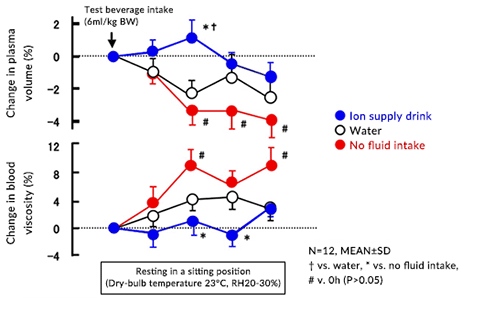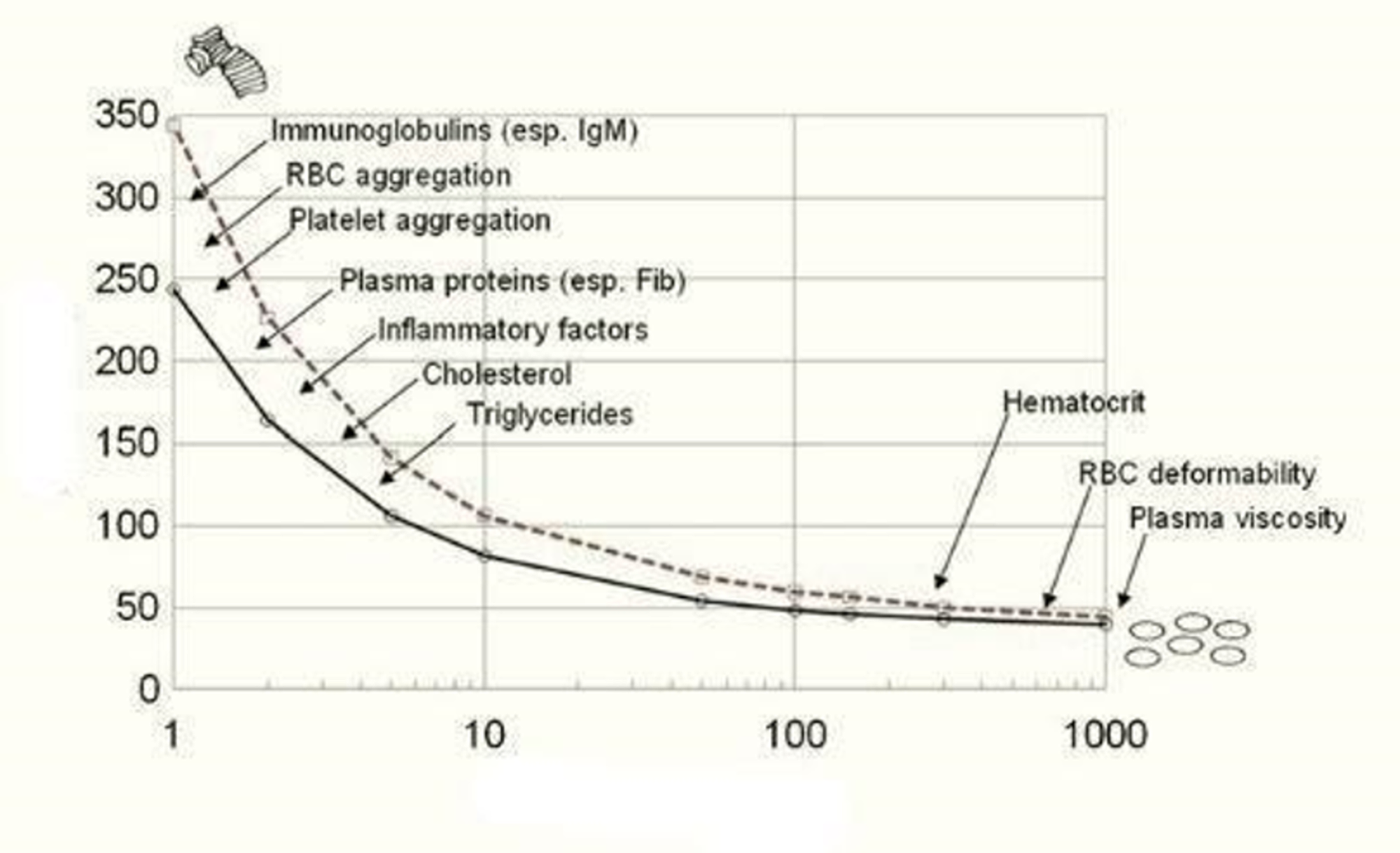

The authors of the study concluded, “These findings suggest that frequent blood loss through voluntary blood donations may be associated with a reduced risk of acute myocardial infarction in middle-aged men.” After adjusting for all the usual risk factors, the researchers noted that the men who donated blood on a regular basis reduced their risk of sudden heart attack by 88% (compared to men who never donated blood)! The study, which was published in the American Journal of Epidemiology, followed 2,862 men between the ages of 40 to 60 for a period of nine years. One of these studies is particularly interesting and offers great hope… Holsworth has compiled more than 1,000 peer reviewed studies and scientific papers that point to the role of blood viscosity in the formation of heart disease. Donating blood reduces blood viscosity and reduces heart attack risk.Īs I mentioned earlier, Dr. Donate Blood – Reduce Your Risk of Heart Disease Save someone else’s life… and YOUR life too.

Glycation directly increases the “stickiness” of the blood. Along the same lines, when blood sugar levels go up, a process called glycation takes place. Likewise, when inflammatory cytokines increase, the red blood cells clump together more readily. Increased blood viscosity is the only biological parameter that has been linked with all of the other major cardiovascular risk factors.įor example, as triglycerides increase, so does the thickness of the plasma. Blood Viscosity: The Only Parameter Linked to Every Cardio Risk Factor As the body repairs this damage over and over again, the arteries harden, thicken and plaques form.Īnd this stress on the arteries is greatly increased when your blood viscosity is high. The increased turbulence and friction in these locations causes injury to the arterial lining. Cho and Kensey state that dangerous lesions in blood vessels occur where the kinetic force of the blood is greatest. If heart disease were primarily the result of things like excess blood sugar, cholesterol or homocysteine levels, then arterial damage should occur uniformly throughout the body. In other words, why do arterial plaques occur in certain parts of the body and very rarely in others? Why do they occur in the large vessels close to the heart and brain… but almost never in the arms? Kenneth Kensey and fluid dynamics expert Young Cho, whose book, The Origin of Atherosclerosis, asks an important question: Why is atherosclerosis site-specific?

Their research was sparked by the work of cardiologist Dr. Wright, MD, believe that this one of the most important (and most overlooked) risk factors for heart disease. Those with little to no signs of cardiovascular disease have low blood viscosity.ĭr.

Those with extensive heart disease have high blood viscosity levels.There’s a common conclusion in many of these studies: Ralph Holsworth, DO, has compiled more than 1,000 scientific papers linking blood viscosity to cardiovascular disease (CVD). But one doctor is helping to wake up patients – and the medical community. Until recently, blood viscosity was overlooked as a primary cause of atherosclerosis. Eventually, dangerous plaques will form as your body attempts to repair the injury. As this delicate membrane becomes damaged, inflammation and oxidative stress occur. It constantly “rubs” the sensitive lining of the arteries, called the endothelium. Blood flow to your extremities is reduced.īut the most damaging aspect of high blood viscosity comes from the friction it creates.Less oxygen and nutrients are delivered to your organs and tissues, and.Your heart has to work harder to circulate your blood.As you can imagine, “tomato paste” wouldn’t flow through your cardiovascular system very easily. Think of it like the difference between tomato juice and tomato paste. When blood viscosity is high, it doesn’t flow as easily as it does when the blood is thinner. It’s the best indicator of your blood’s ability to flow. The great news is that preventing it could be as easy as “changing you oil”… Is Your Heart Pumping Sludge?īlood viscosity is a measure of how thick and sticky your blood is. In fact, new research shows that the “viscosity” of your blood is one of the biggest risk factors for heart disease.
Viscosity of blood full#
You don’t have to be an auto mechanic to know that when your oil becomes thick and full of debris, it creates more heat and friction.īut what most of us don’t know is that a very similar process happens inside your body. If you want your car to run longer, you have the change the oil. Donate Blood – Slash Heart Attack Risk By 88%!


 0 kommentar(er)
0 kommentar(er)
